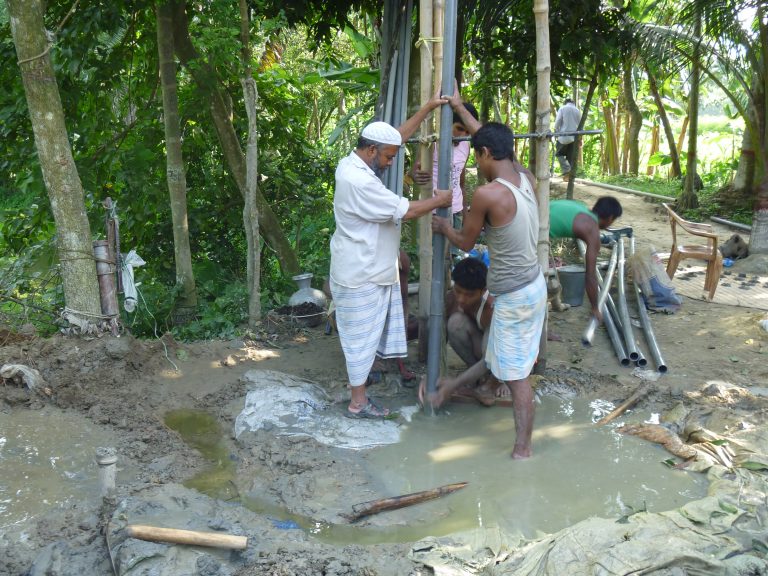
Clay Layers and Distant Pumping Trigger Arsenic Contamination in Bangladesh Groundwater
Widely considered a screen against contamination, clay layers may actually enhance arsenic leakage into some aquifers, a new Columbia-led study finds.

Widely considered a screen against contamination, clay layers may actually enhance arsenic leakage into some aquifers, a new Columbia-led study finds.
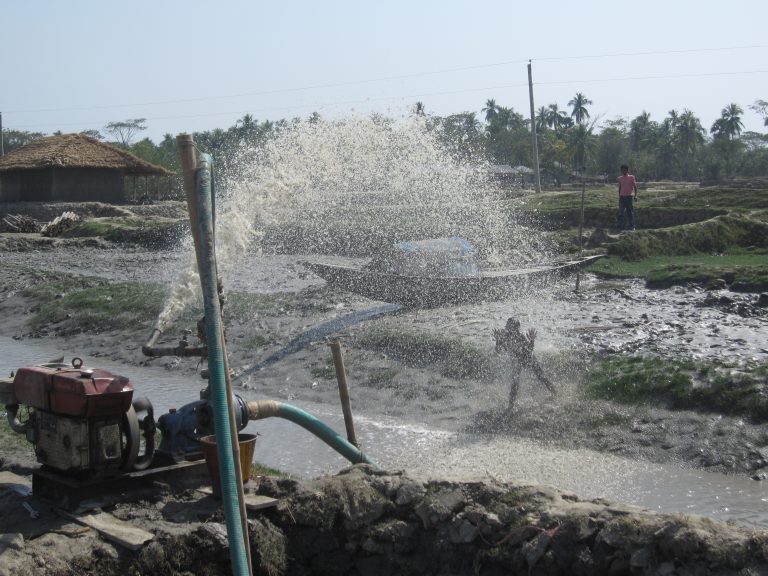
In an unusual new study, Columbia scientists say they have detected a growing fingerprint of human-driven global warming on drought conditions across the world starting as far back as 1900.
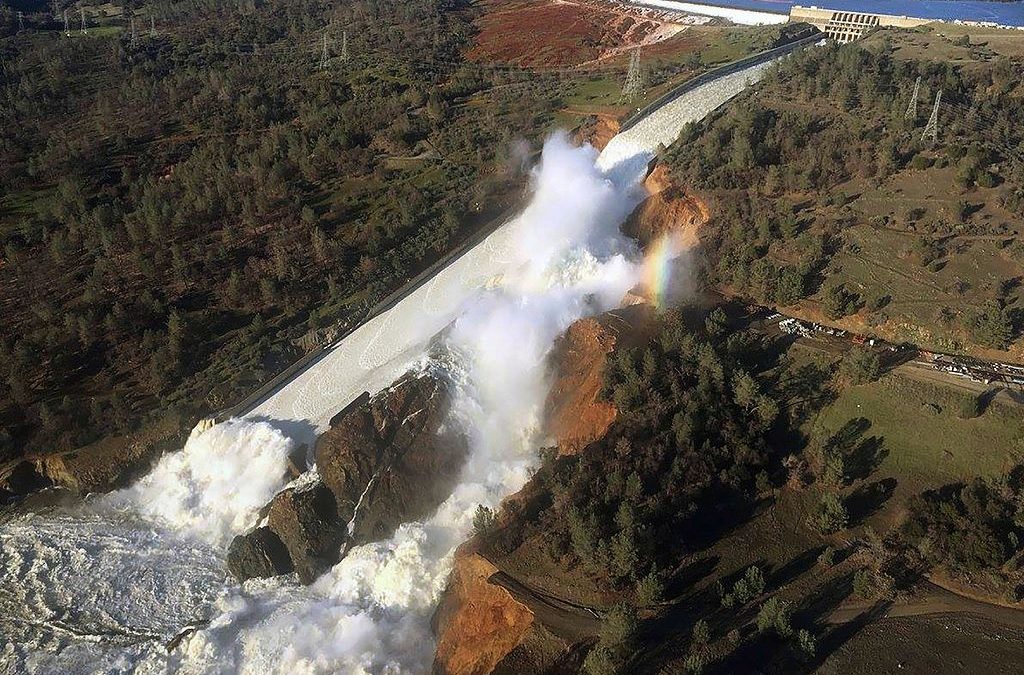
A recent event hosted by the Columbia Water Center highlights the challenges and opportunities that the nation’s beleaguered water system presents.
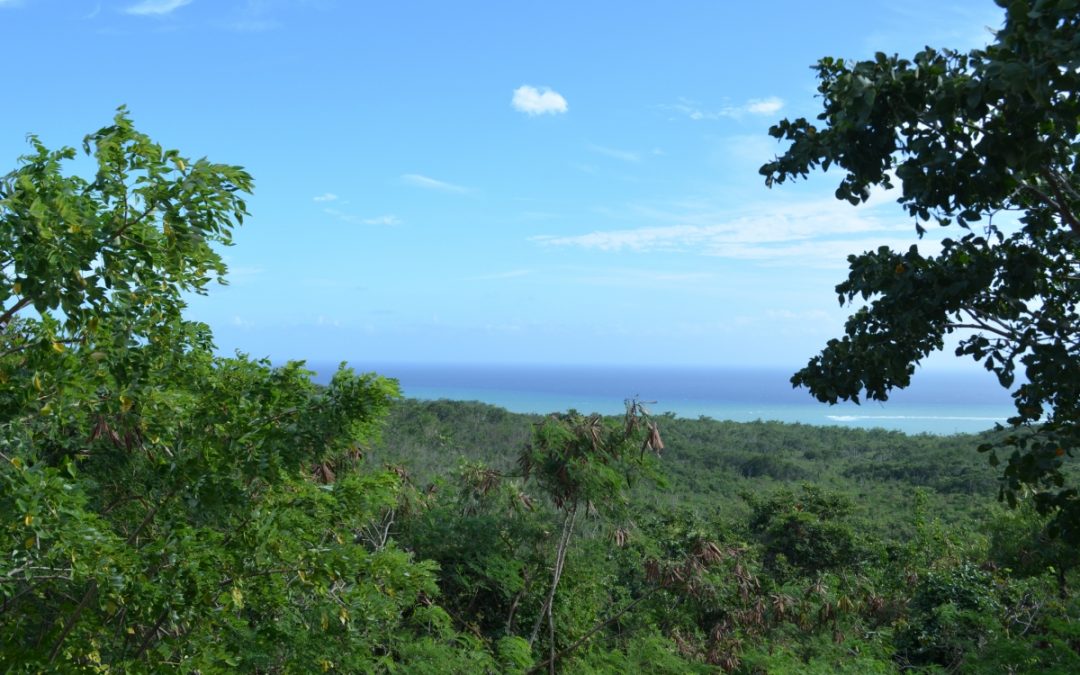
Columbia University researchers have found that vegetation plays a dominant role in Earth’s water cycle and that plants will regulate and dominate the increasing stress placed on continental water resources in the future.
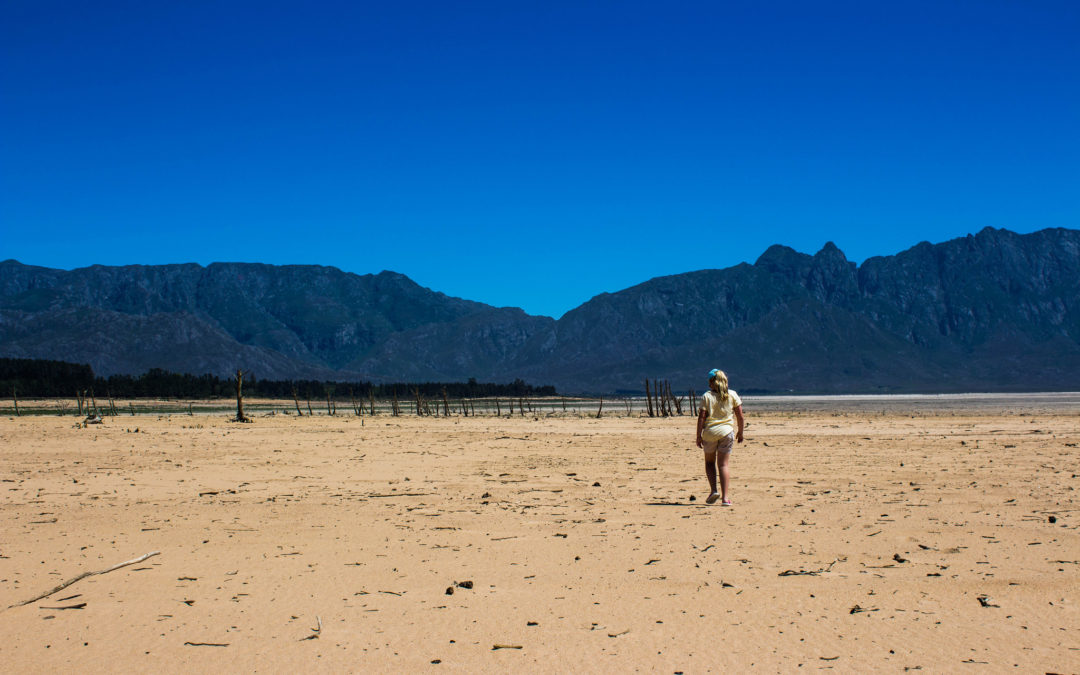
The water supply is running dry in Cape Town, South Africa. Upmanu Lall, director of the Columbia Water Center, explains the water shortage and why places in the U.S. could be at risk, too.